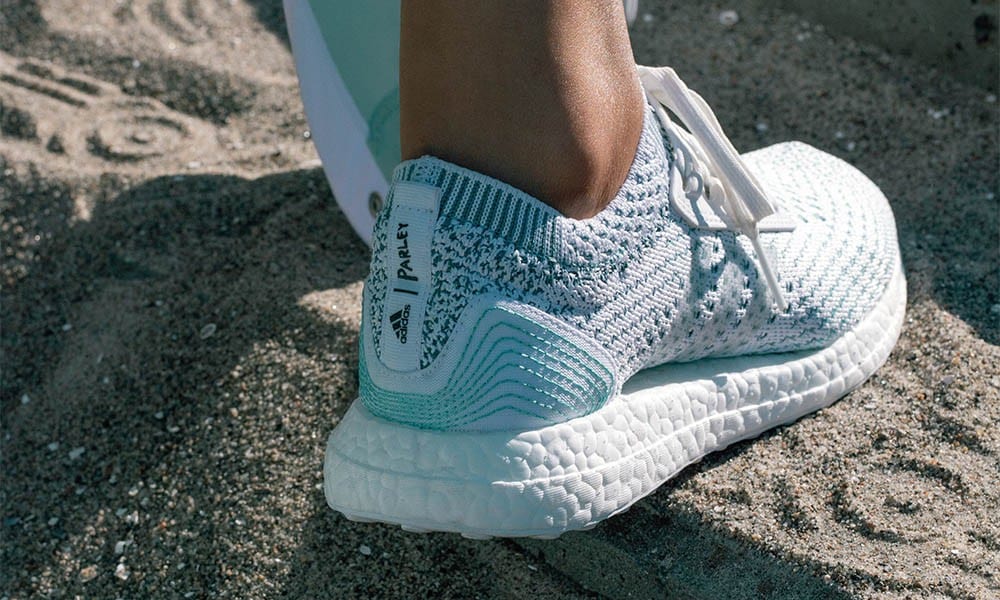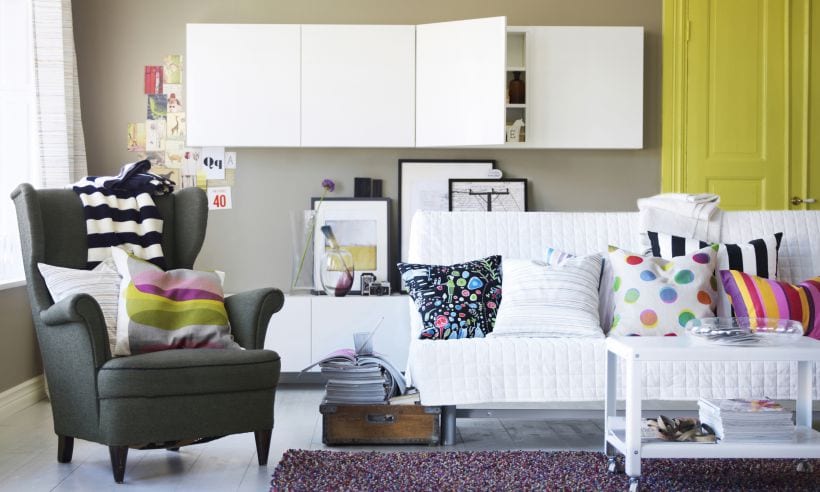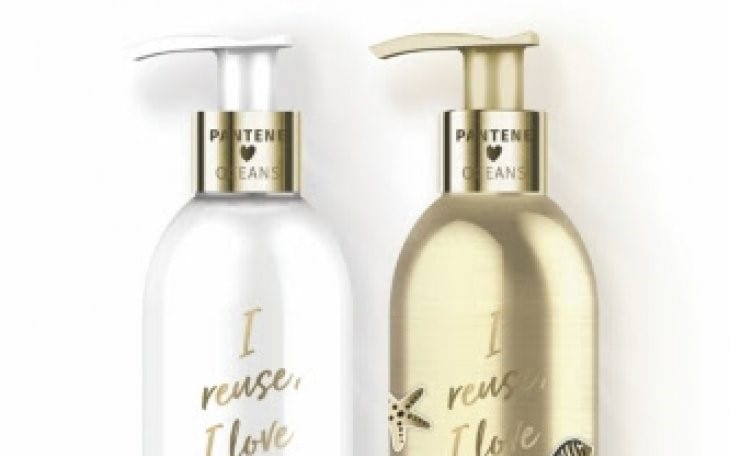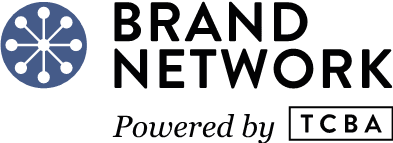The pressure on companies to ‘right the wrongs’ has never been so great. As governments are perceived as failing, people are looking to businesses to act as forces for good in society. At the same time the social media spotlight shines ever brighter, loudly applauding the winners and quickly turning against the perceived losers. And a new generation of workers are demanding responsible, ethical employers, and working their way higher in the business to create the change.
It’s now no longer enough to have a positive CSR or ‘social good’ addition to the business. Companies must look at how they can change their business for the world’s good. Leading companies are recognizing the impact they are having on our planet, its people and resources, and are developing innovation strategies to address it. From operations and supply chain, to product and distribution, how can all aspects of a business be re-thought to have a better impact on the world…or indeed, no impact?
The notion of the ‘circular economy’ has been talked about for a while, but we’re now seeing it fast becoming a reality as big brands publicly take on this ambition. The race really is on to find effective and profitable business models that leave no trace. Future brand leaders will not strive to plaster over the cracks created by business, they will not create the cracks in the first place. And from here consider how they can then truly add to the world to build net-positive brands of the future.
"The way we design and make things is changing. We are creating a new system that can meet our needs within planetary boundaries. There is a massive economic opportunity out there to be taken without waiting for government legislation”
"Taking plastic waste out of the system is the first step, but we can’t stop there. What happens to your shoes after you’ve worn them out? You throw them away – except there is no away. There are only landfills and incinerators…the next step is to end the concept of ‘waste’ entirely. Our dream is that you can keep wearing the same shoes over and over again”
"We’re a company that has solved hard challenges on a global scale, driving every road and mapping it, putting every book online for free. We get excited about these challenges that ultimately make people’s lives better and that we can apply some of our Google skills to, and so that’s what’s exciting to us about circularity”
"75% of Millennials are willing to pay more for sustainable products"



adidas
IKEA
P&G, TerraCycle Loop
adidas’ partnership with Parley takes waste responsibility, particularly in plastics, into the mainstream. The collaboration focused on the positive use of waste; taking plastic from the ocean and turning it into trainers on the feet of trendsetters and shirts on the backs of footballing megastars. The sports brand strengthened its commitment to circularity with FutureCraft. Loop, adidas’ first 100% recyclable shoe. The running shoe is made to be remade; the whole product can be ground down and turned into a new trainer, an innovation adidas hopes will help end waste altogether.
After famously—and bravely—declaring we are reaching ‘peak stuff,’ IKEA unveiled plans to rent its products to consumers for the first time. The world’s largest furniture manufacture will trial a leasing system across its Swedish stores as it strives to become a ‘net-positive’ business by 2030. Under the new approach, customers would rent their furniture for a set period before it’s taken back for either refurbishment, upcycling, resale or recycling…and the customer gets to pick something new. Perfect for keeping up with ever changing trends, desires or life demands.
This year P&G become the first consumer products company to align with Loop, a circular e-commerce platform developed by recycling leader TerraCycle. With Loop, consumers can rent packaging for their favourite household brands – be it Pantene, Tide or Oral-B – and refills will come to their door. This ground-breaking shopping solution will enable circularity at scale and by offering convenience and stylish packaging people can be proud of in their home, this solution further boosts the sustainable option’s chance of success.
The content in this document was produced for The Brand Network and was originally published in the Spring/Summer Edition of their bi-annual Trends & Insights Digest.
The Brand Network is an exclusive members club featuring many of the UK’s strongest established and emerging brands. Brand Network hosts guest-list only events for senior executives from its member brands aimed at providing information, insight and inspiration. Each event also offers guests the opportunity to network with senior decision-makers, including market leaders, founders and forward-thinkers. Events include the Annual Forum, Trends & Insight Briefing, the Leaders’ Series, and the People & Culture Briefing among others. Members have access to the Brand Network Members Portal, which features exclusive content including the full Trends & Insights Digests.
More information can be found at:
www.brandnetwork.uk.com | @BrandNetworkUK | https://www.linkedin.com/company/brand-network
